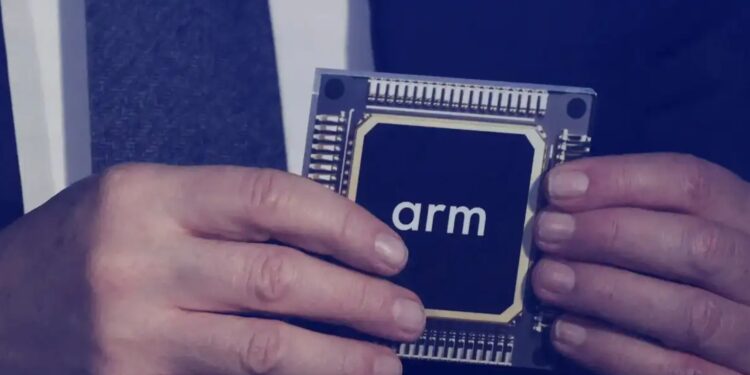In a move that signals a significant shift in its business strategy, Arm Holdings has hired Rami Sinno, a top-tier executive from Amazon, to bolster its plans to build its own semiconductor chips. Sinno, formerly the director of AI chip development at Amazon, was a key architect behind the e-commerce giant’s custom AI processors, Trainium and Inferentia. His hiring underscores Arm’s ambition to evolve from a licensing powerhouse into a full-fledged chipmaker, aiming to capture a larger slice of the booming AI market.
For years, Arm’s business model has been to design and license its processor architectures and instruction sets to other companies, such as Apple, Nvidia, and Qualcomm. These companies then use Arm’s intellectual property (IP) as the foundation for their own chips, which power nearly every smartphone in the world and are increasingly used in data centers. This “blueprint” business has been highly successful, but Arm is now looking to diversify its revenue streams.
The decision to develop its own chips represents a departure from this traditional model and is a direct response to the escalating demand for specialized AI hardware. By creating its own designs, Arm hopes to build complete, optimized solutions for its customers, including “chiplets” or modular components that can be combined into more complex systems. This approach would allow Arm to exert more control over the final product and increase its profit margins.
The recruitment of Sinno is a clear signal of Arm’s commitment to this new direction. At Amazon, he was instrumental in developing cost-effective, high-performance chips that challenged Nvidia’s dominance in the AI space. His expertise in creating custom silicon for large-scale AI applications is expected to be invaluable as Arm navigates the highly competitive market.
This strategic pivot is not without its risks. By entering the chipmaking arena, Arm will now be in direct competition with some of its biggest customers, potentially straining long-standing relationships. However, with the AI chip market projected to grow into a multi-trillion-dollar industry, the rewards could be immense. The company has been on a hiring spree, bringing in other industry veterans from Intel and Hewlett Packard Enterprise, solidifying its commitment to this bold new chapter.










![Online Scam Cases Continue to Rise Despite Crackdowns on Foreign Fraud Networks [Myanmar] Online Scam Cases Continue to Rise Despite Crackdowns on Foreign Fraud Networks [Myanmar]](https://sumtrix.com/wp-content/uploads/2025/06/30-12-120x86.jpg)




